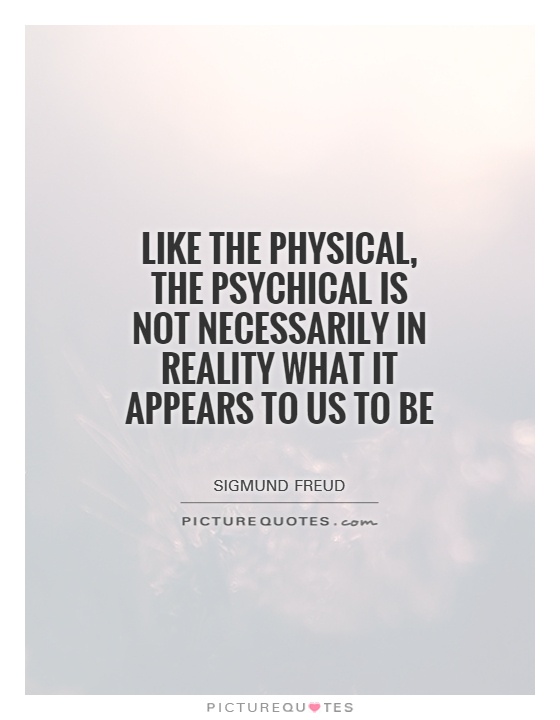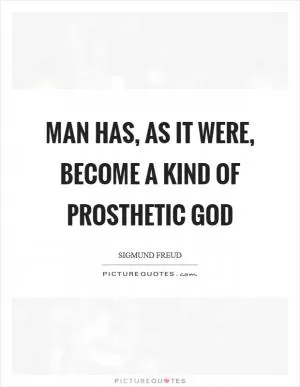Like the physical, the psychical is not necessarily in reality what it appears to us to be

Like the physical, the psychical is not necessarily in reality what it appears to us to be
Sigmund Freud, the father of psychoanalysis, was a pioneer in exploring the depths of the human mind and uncovering the hidden motivations and desires that drive our thoughts and behaviors. One of his most famous theories is that of the unconscious mind, which he believed held the key to understanding the true nature of our psychical experiences.Freud argued that our conscious thoughts and actions are often just the tip of the iceberg, with the vast majority of our mental processes occurring beneath the surface in the unconscious mind. This hidden realm, he believed, was the repository of our deepest fears, desires, and conflicts, many of which we are not even aware of on a conscious level.
In this context, the quote “Like the physical, the psychical is not necessarily in reality what it appears to us to be” takes on new meaning. Freud believed that our perceptions of reality are often distorted by our unconscious desires and fears, leading us to see the world in a way that is colored by our own internal struggles. In other words, what we think we see and experience may not always be an accurate reflection of the true nature of reality, but rather a projection of our own inner world.
For Freud, the key to understanding ourselves and our place in the world lay in uncovering these hidden motivations and desires and bringing them into the light of consciousness. Through techniques such as dream analysis, free association, and transference, he sought to help his patients explore the depths of their unconscious minds and gain insight into the true nature of their psychical experiences.












 Friendship Quotes
Friendship Quotes Love Quotes
Love Quotes Life Quotes
Life Quotes Funny Quotes
Funny Quotes Motivational Quotes
Motivational Quotes Inspirational Quotes
Inspirational Quotes